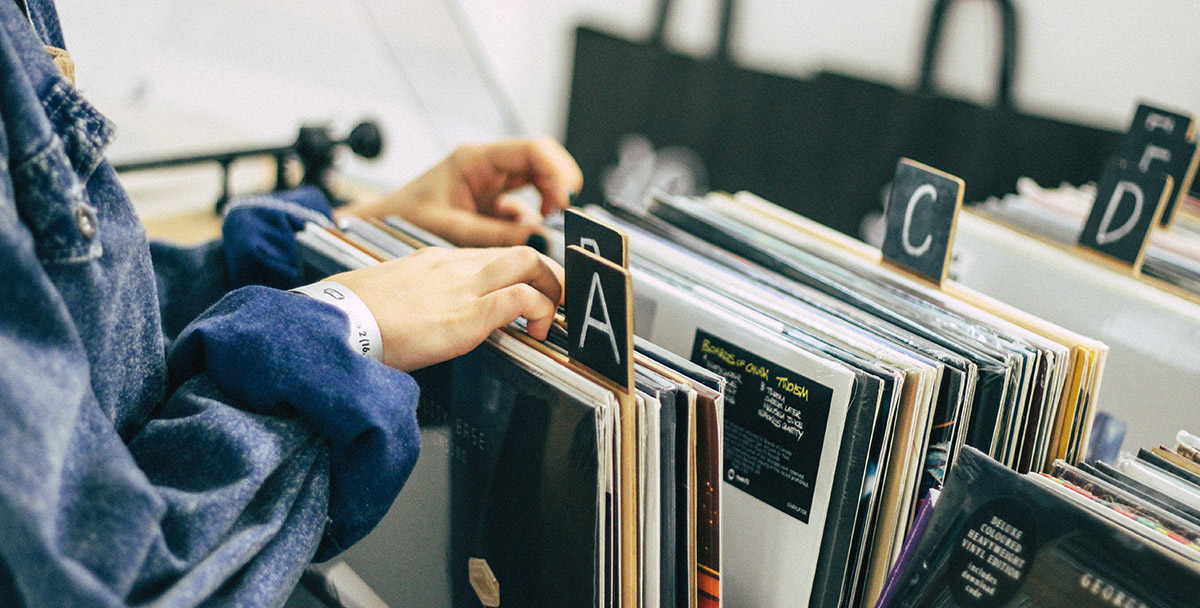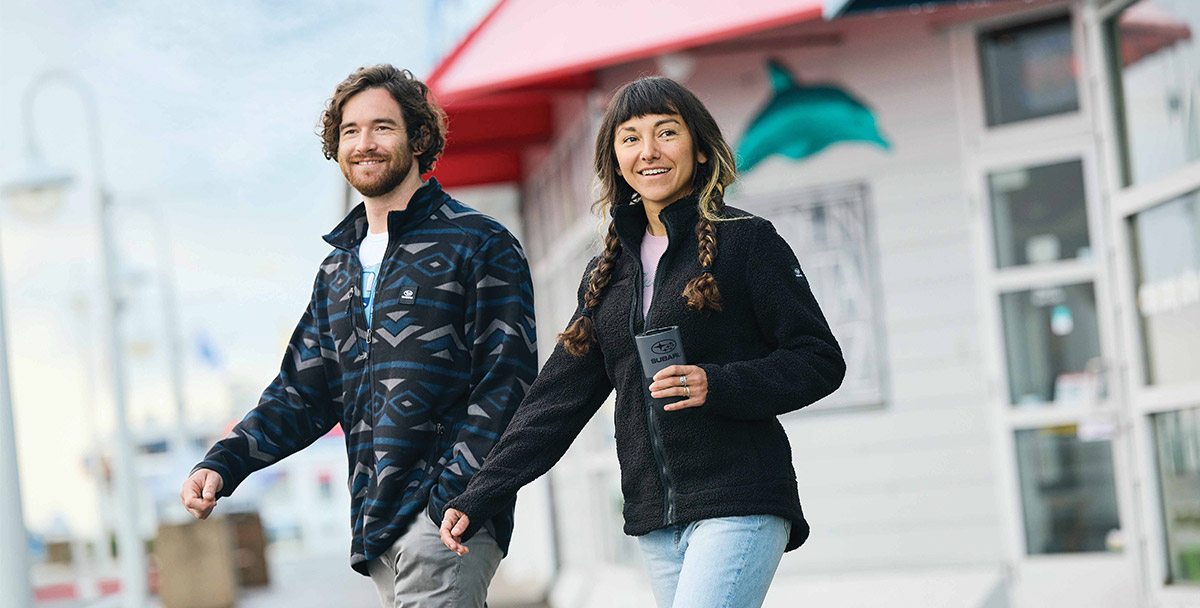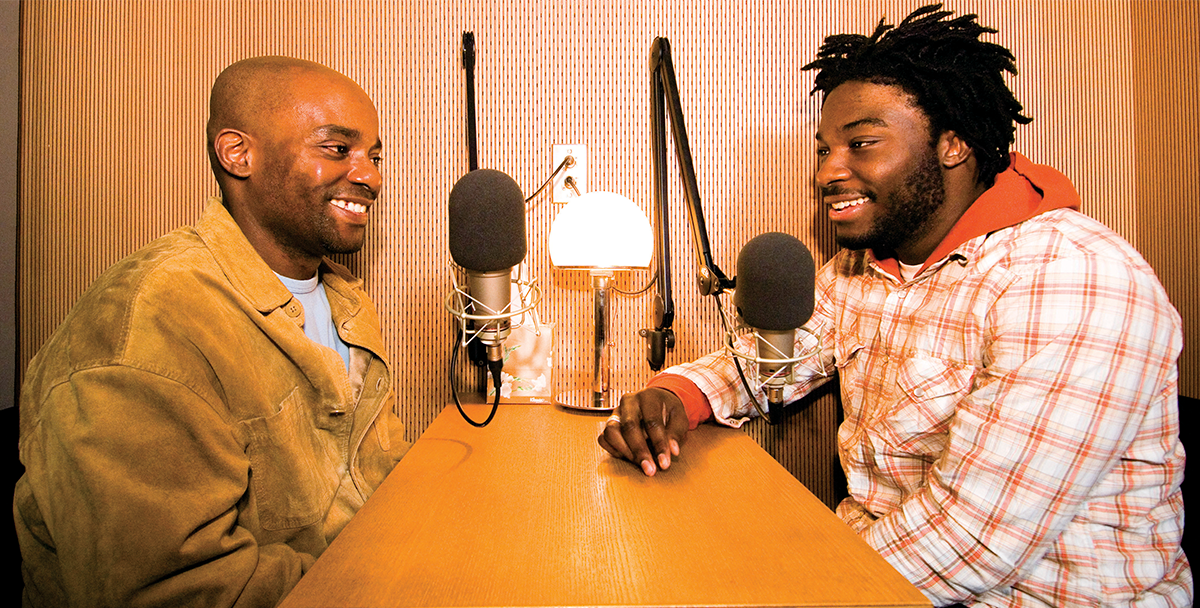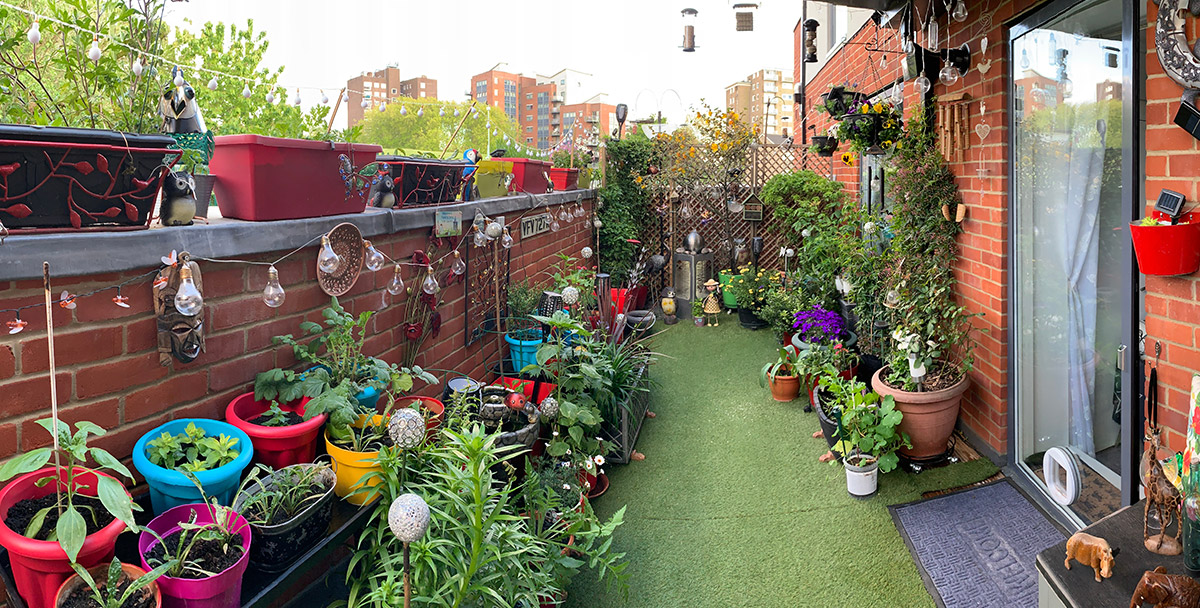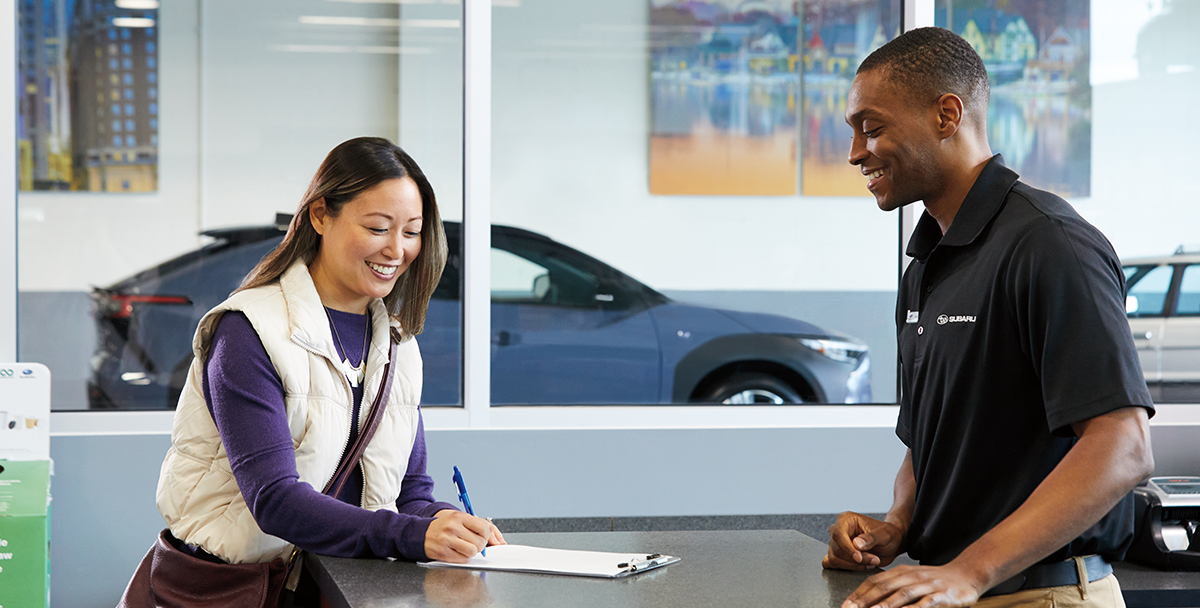In the face of environmental degradation and record-breaking natural disasters, our personal efforts to help tackle the climate crisis can feel futile. Wildfires ravage our fast-warming planet. Meanwhile, we swap paper towels for reusable Swedish dishcloths. Sea levels rise at an alarming rate. We take our own bags to the grocery store.
Wouldn’t such a massive emergency be better mitigated through systemic change? In a word: Yes. And yet sustainability expert Ashlee Piper doesn’t want us throwing in the towel (or Swedish dishcloth) on individual actions.
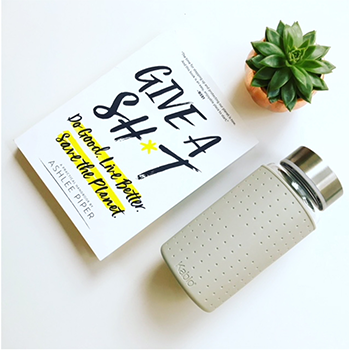

The author of Give a Sh*t: Do Good. Live Better. Save the Planet. is dedicated to reacquainting people with their personal power to live sustainably. For example, her #NoNewThings challenge dares participants to abstain from buying any nonnecessities for a dedicated time frame – a month, two months, even a year – and instead rely on what they have, purchase things secondhand, or tap into the sharing economy (such as a local Buy Nothing group).
The experiment isn’t just about saving time, money and the environment but also reflecting on consumerist tendencies. “Small shifts in our habits and our attitudes can absolutely lead to bigger changes,” Piper says. She spoke with Subaru Drive about kicking off the year on an eco-friendly note and what actions pack the most punch.
The following has been lightly edited for length and clarity.
Q: As we think about ways to stem climate change, a lot of the focus is justifiably on policies and business practices. But what do you tell people who think their personal actions are just a drop in the bucket?
A: I have three things I bring up when people question their personal power when it comes to positive climate solutions. One, we have tangible evidence, even in the climate space, of how individually sparked movements have ignited broader movements and actually influenced policy change.
Most of us aren’t heads of state or captains of industry, so there’s a limit to what we can do. But if you look at, for example, the repairing of the ozone layer, that was an individually sparked movement that really gained traction long before governments developed policy around CFCs [chlorofluorocarbons]. And now we’re in a space where the ozone has largely repaired itself from where it was in the ’80s when we discovered it was a problem.
The second piece is that we’re really influential – a whole lot more influential than I think we give ourselves credit for. There’s research about how people who aren’t well connected, who aren’t quote-unquote influencers or don’t have a broad social media network, are still able to influence people three degrees removed from them. We see that with a lot of sustainable habits. For instance, when people say “Oh, no straw for me” when they go out, that drives curiosity [among others] that then leads to policies.
Third, so many of us experience climate anxiety – about 68% of us – and we know that the antidote to anxiety is taking any kind of right next step, no matter how small it may be. If it’s something that makes you feel like you’re moving toward a solution, that’s going to make you feel better.
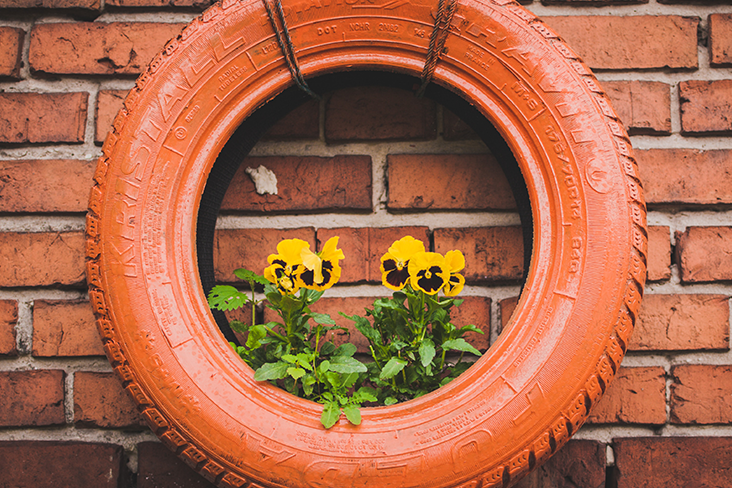
Q: People can take many steps to be more sustainable, but they may think, ‘If I don’t do high-impact things, it won’t matter.’ Where do you recommend folks start?
A: The most important thing to remember is that the most sustainable shift you can make is one you can actually sustain – that’s going to be a good part of your life and probably bring ancillary benefits as well, outside of just doing a good thing for the planet.
A lot of times people will start small with something that either saves them money, prevents clutter in their home, makes them feel healthier or helps them build community. For instance, composting. That’s a very powerful individual habit with strong, data-backed benefits. It helps people cut their food waste because they see how much they consume and how much they trash. If they have kids, it helps them engage with them because it’s something kind of gnarly and fun that everyone can get involved with.
The point is, it doesn’t have to be arduous. Some people feel like they have to go out and buy residential solar panels, which is expensive and logistically challenging, but could they just eat fewer meals with meat? That’s going to have a more profound impact.
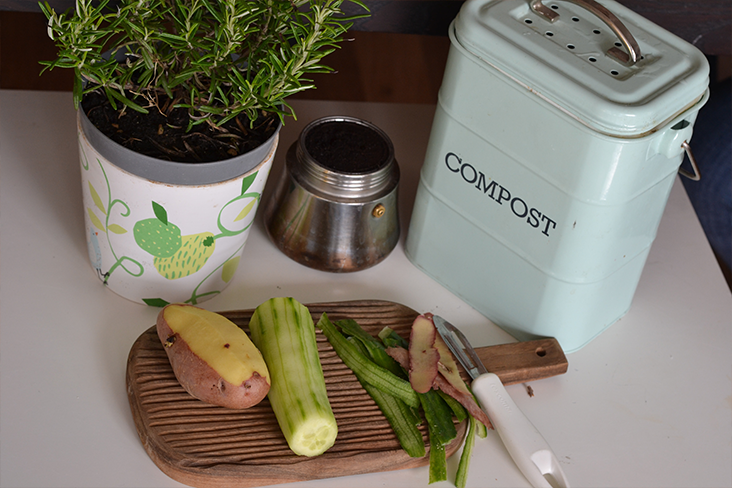
Q: What are some other impactful lifestyle changes?
A: There are quite a few, and I want to stress that it’s a journey of progress, not perfection. Besides eating less or no meat and composting, another powerful step is buying less stuff. The more things that we buy, especially new things, the more we’re creating a demand that production and industry will ramp up to meet.
The other side of that is getting imaginative and creative with what we already have. Folks think in order to be sustainable they have to throw out all their existing stuff and buy all-new sustainable stuff. And that’s not it.
We can also rethink single-use plastics. I always say “single use” is just a lack of imagination. We’ve been fed this concept that there are things that are disposable or have one purpose – plastic cutlery or cups – and once they’ve exhausted that purpose, they need to be thrown away. And that’s just bad marketing. These things can be reimagined, reused or upcycled – it’s an attitudinal shift.
Another thing is buying fewer items that are packaged or have less packaging, from beauty and grooming to home cleaning products. This has become pretty easy to do because there are so many options.
Q: What are some misconceptions about sustainable living?
A: People think it’s expensive, but a lot of sustainable shifts prove to save them money. They think it will be arduous and inconvenient, but a lot of these shifts – once they become a habit – actually simplify your life. People might also think it’s very crunchy, weird and isolating. But sustainability has become more of a trend. Really, you can find a lot of community through these sustainable shifts.
